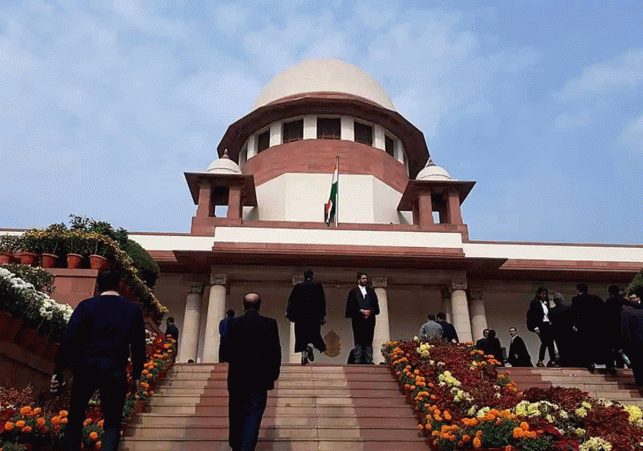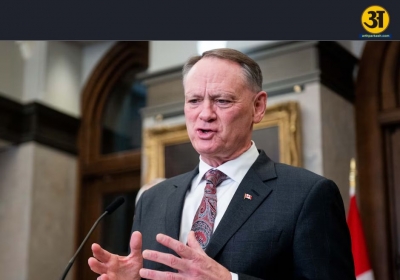
SC seeks Centre's response on Surrogacy denial to unmarried women
Supreme Court seeks Government's stand on Surrogacy denial to unmarried women
The Supreme Court has asked for the Centre's response to a petition filed by Neeha Nagpal, a practising lawyer, challenging the Surrogacy (Regulation) Act, 2021, which restricts unmarried women from availing surrogacy. Nagpal, aged around 40 and diabetic, argued that the law infringes on her right to reproduction and motherhood, emphasizing that surrogacy is her only viable option for having a child and family.
Legal challenge and argument
Nagpal's petition challenges Section 2(1)(s) of the Surrogacy Act, which permits only divorced or widowed women to undergo surrogacy. Her counsel, Saurabh Kirpal, argued that the restriction violates the petitioner's right to privacy. Kirpal asserted that there is no rational connection between the requirement of having once been married and the Act's objective of preventing commercial surrogacy.
ALSO READ: Cyclone Michaung forces closure of Chennai Airport as heavy rain hits region
The Additional Solicitor General, Aishwarya Bhati, representing the Centre, contended that the law prioritizes the best interest of the child and is altruistic. Bhati highlighted that both gametes (reproductive cells) must come from the intending couple undergoing surrogacy. In cases of widows or divorcees, the woman must use her eggs and donor sperms.
Violation of Constitutional rights
Nagpal's petition argues that the surrogacy law violates Articles 14 (right to equality) and 21 (right to life and liberty) of the Constitution. It questions the prohibition on monetary compensation to surrogate mothers, making it challenging for the petitioner to find one.
ALSO READ: AAP MP Raghav Chadha's suspension stands firm, clarifies Rajya Sabha
The petitioner, who has frozen her eggs, asserts that the law's restrictions compromise her right to privacy and meaningful family life, and the case underscores the broader implications of surrogacy laws on individual rights.





